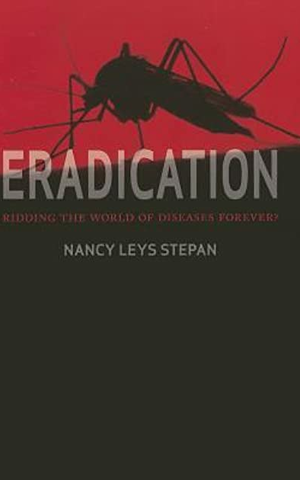
Eradication: Ridding the World of Diseases Forever?
How shall we improve human health? One answer is: by eradication. The Gates Foundation announced in 2007 that their goal is malaria eradication; another of their priorities is polio...
Show More
Number of Pages: 312
ISBN: 0801450586
ISBN-13: 9780801450587
Mentions
See All
Bill Gates @BillGates
·
Dec 7, 2015
- Curated in The best books I read in 2015
Stepan’s history of eradication efforts gives you a good sense of how involved the work can get, how many different kinds of approaches have been tried without success, and how much we’ve learned from our failures. She writes in a fairly academic style that may make it hard for non-experts to get to her valuable arguments, but it’s worth the effort. You come away from it with a clearer sense of how we can use the lessons of the past to guide future efforts to save lives.
Henrique Cruz @HenrM_Cruz
·
Jan 3, 2023
- Answered to I'm reading The Gene by Siddhartha Mukherjee, and it's incredible. What else is in this category?
- From Twitter
- More obscure, but I really liked Erradication from Nancy Stepan on the history of the campaings to eradicate malaria, smallpox, yellow fever